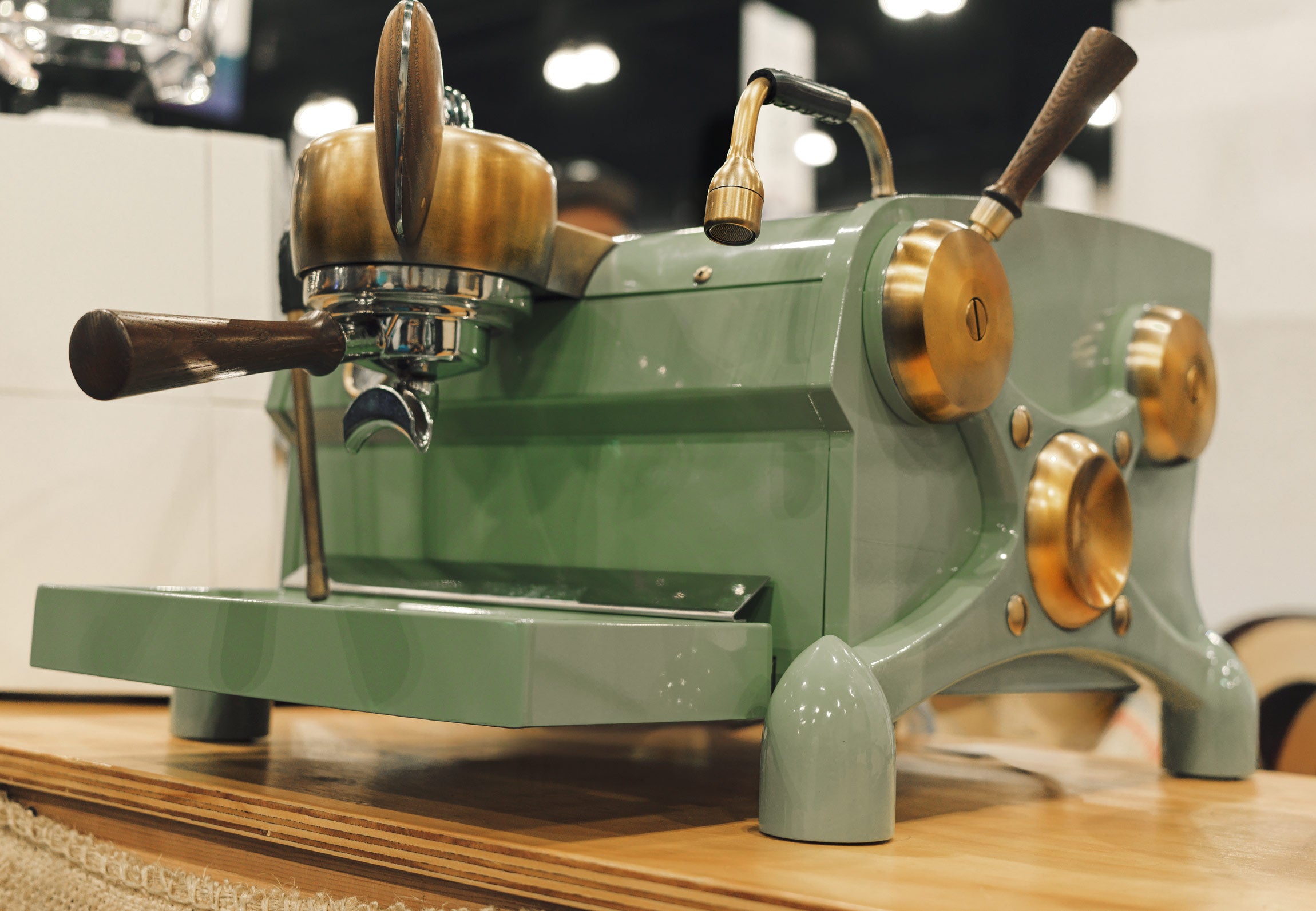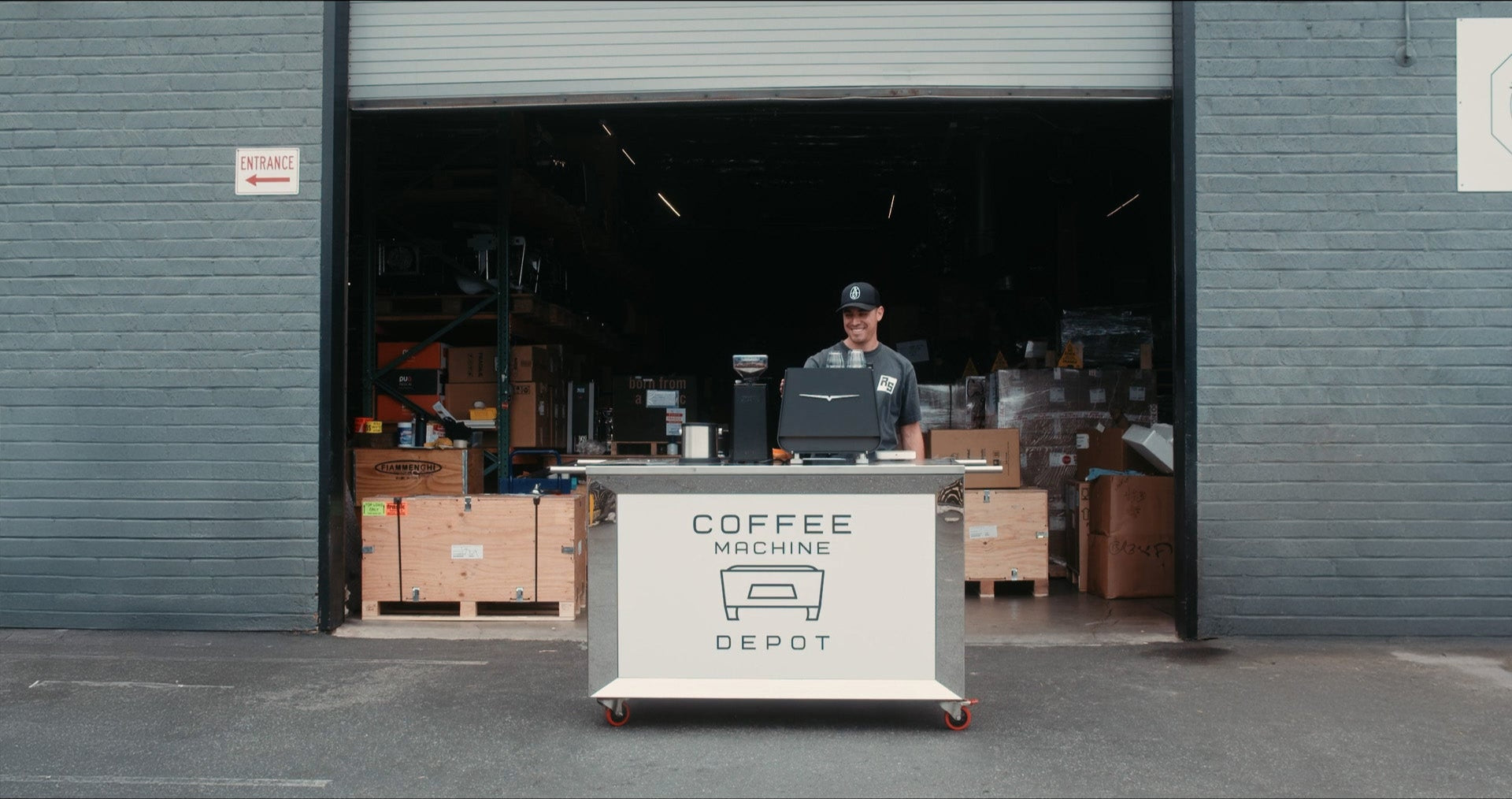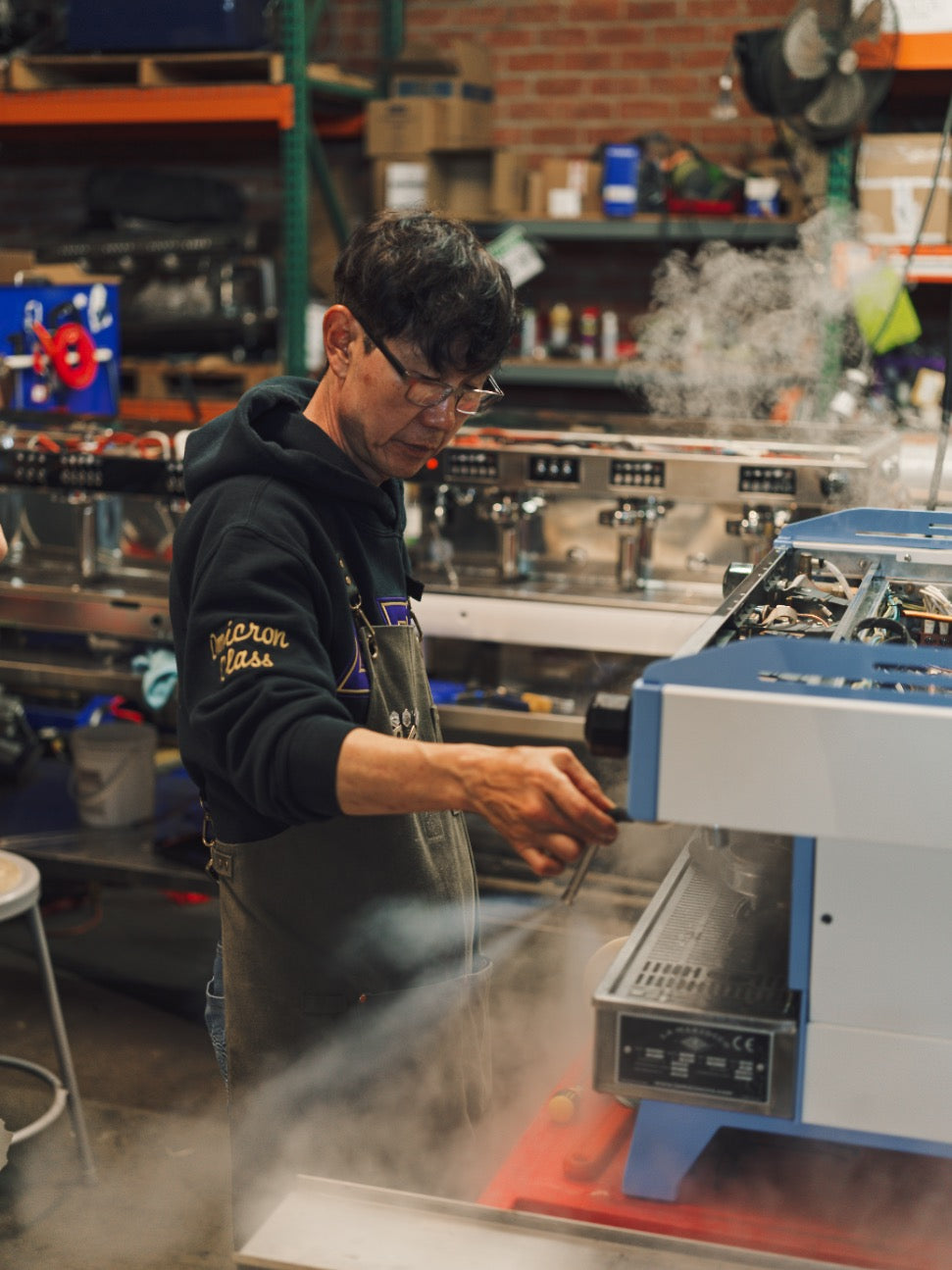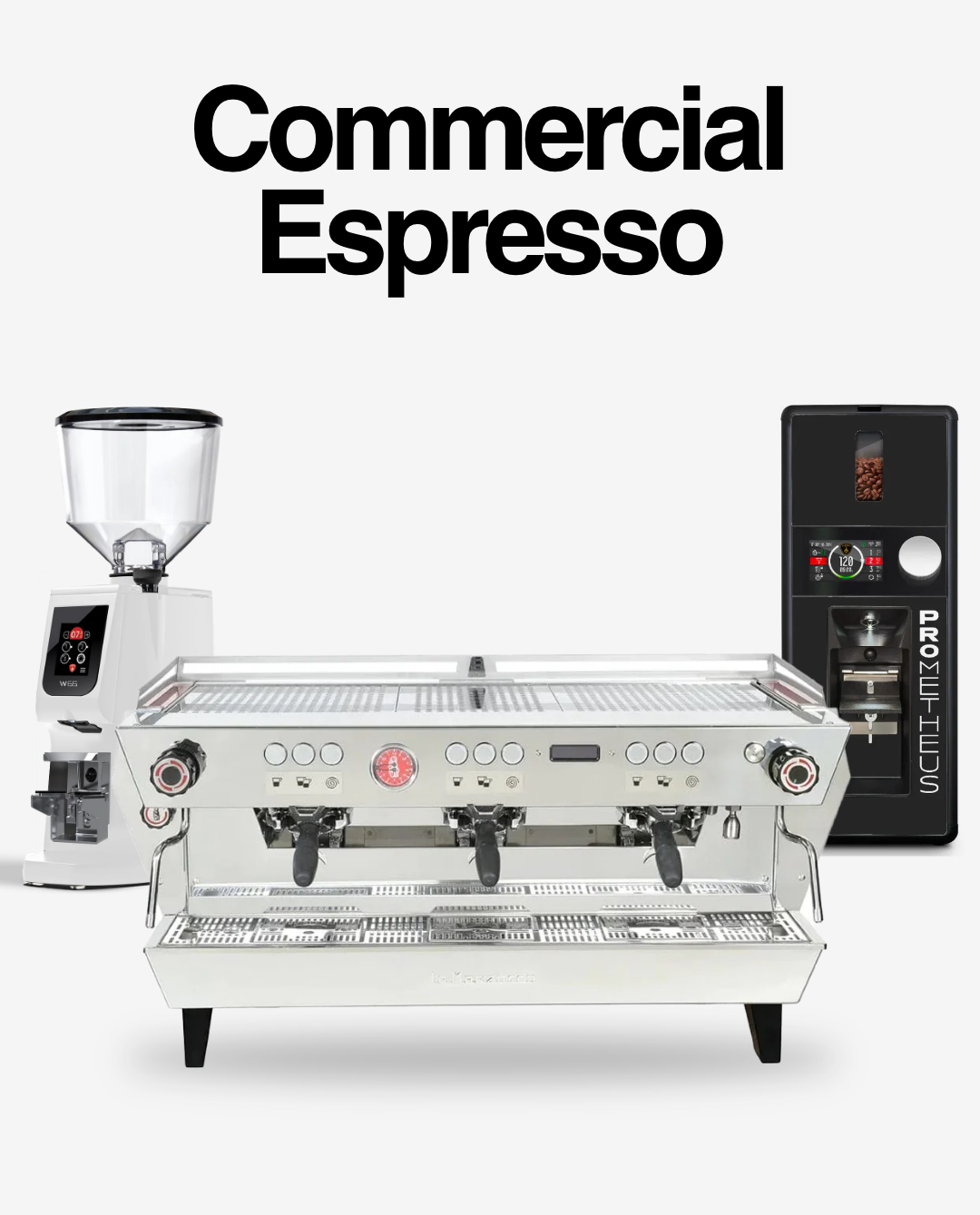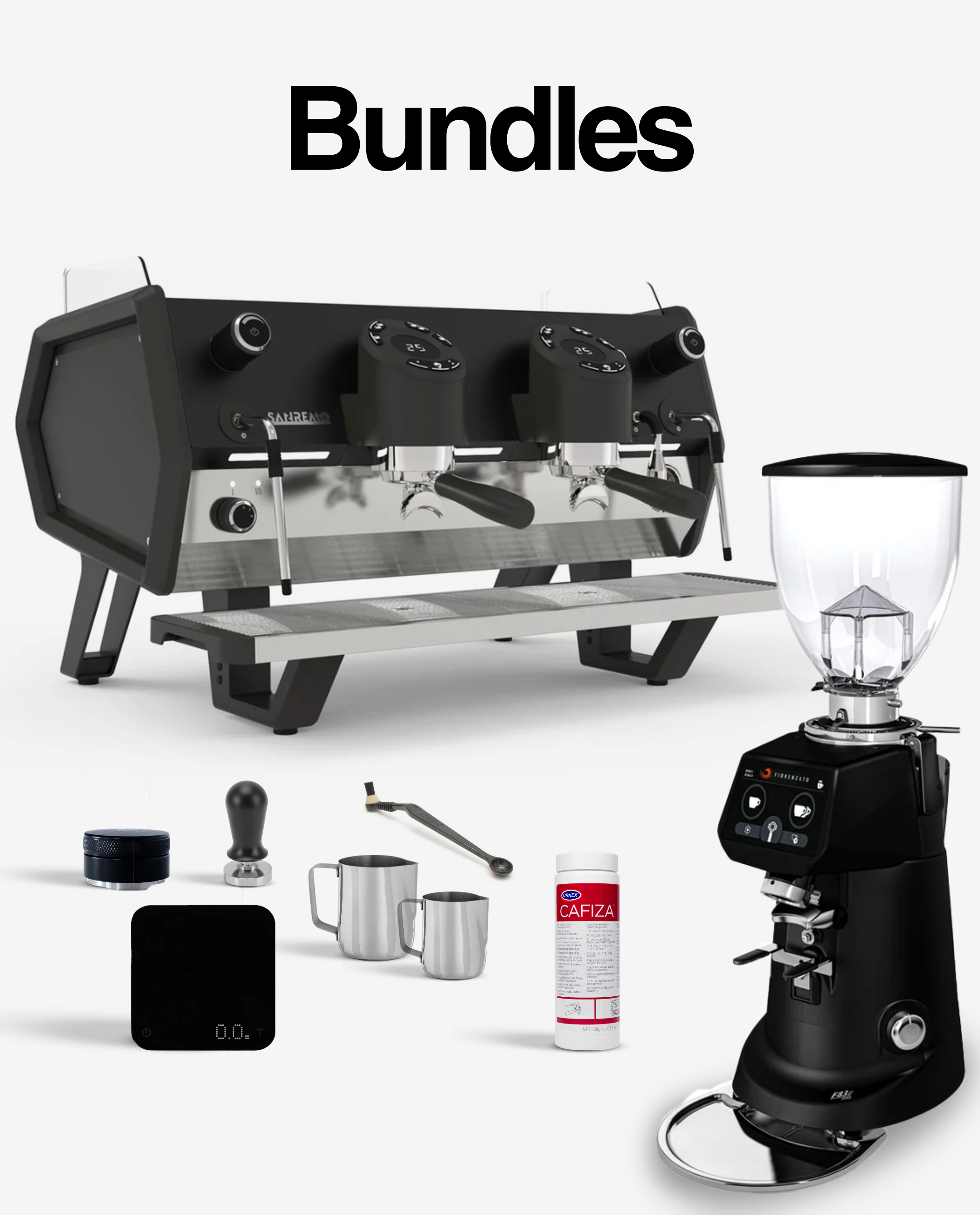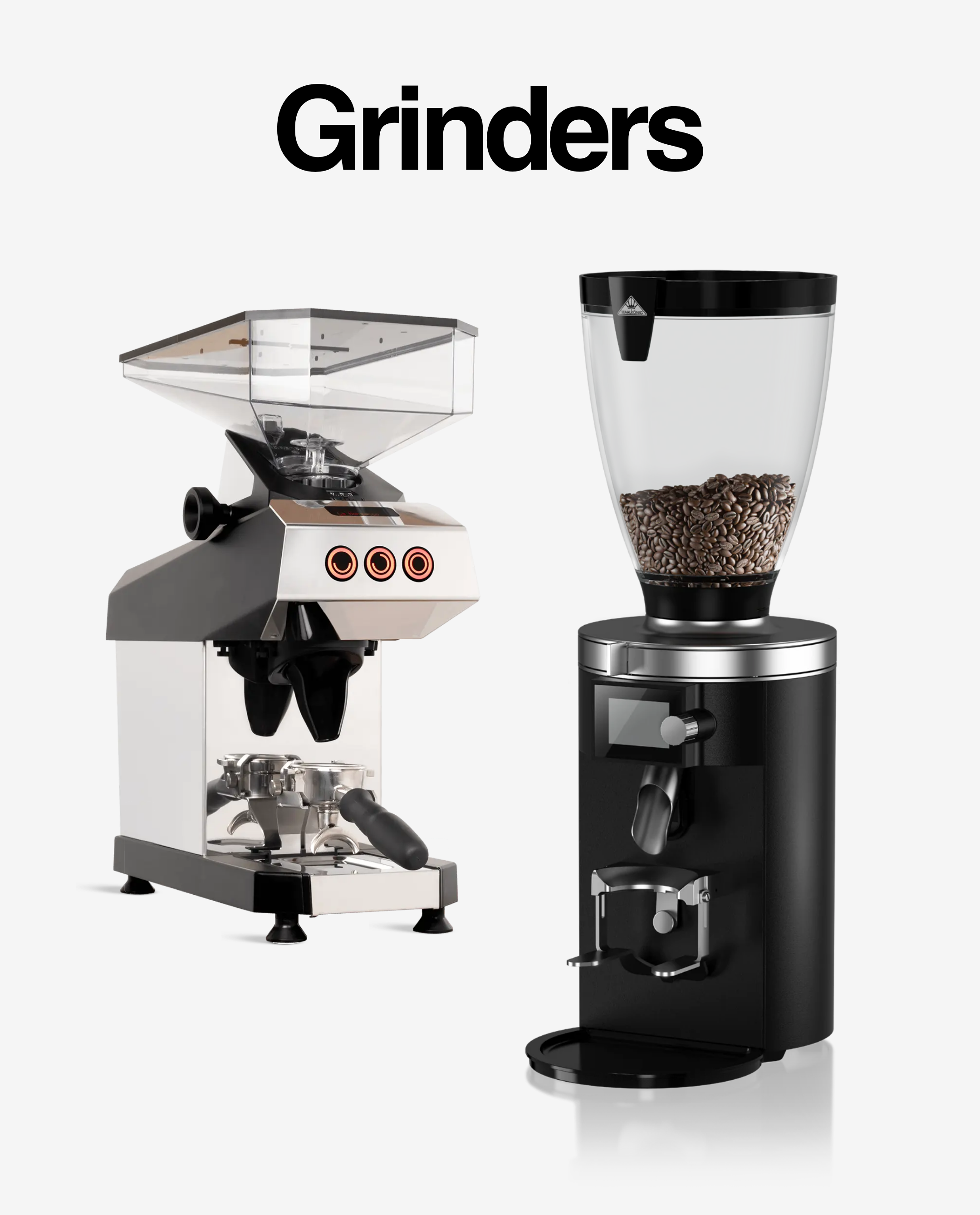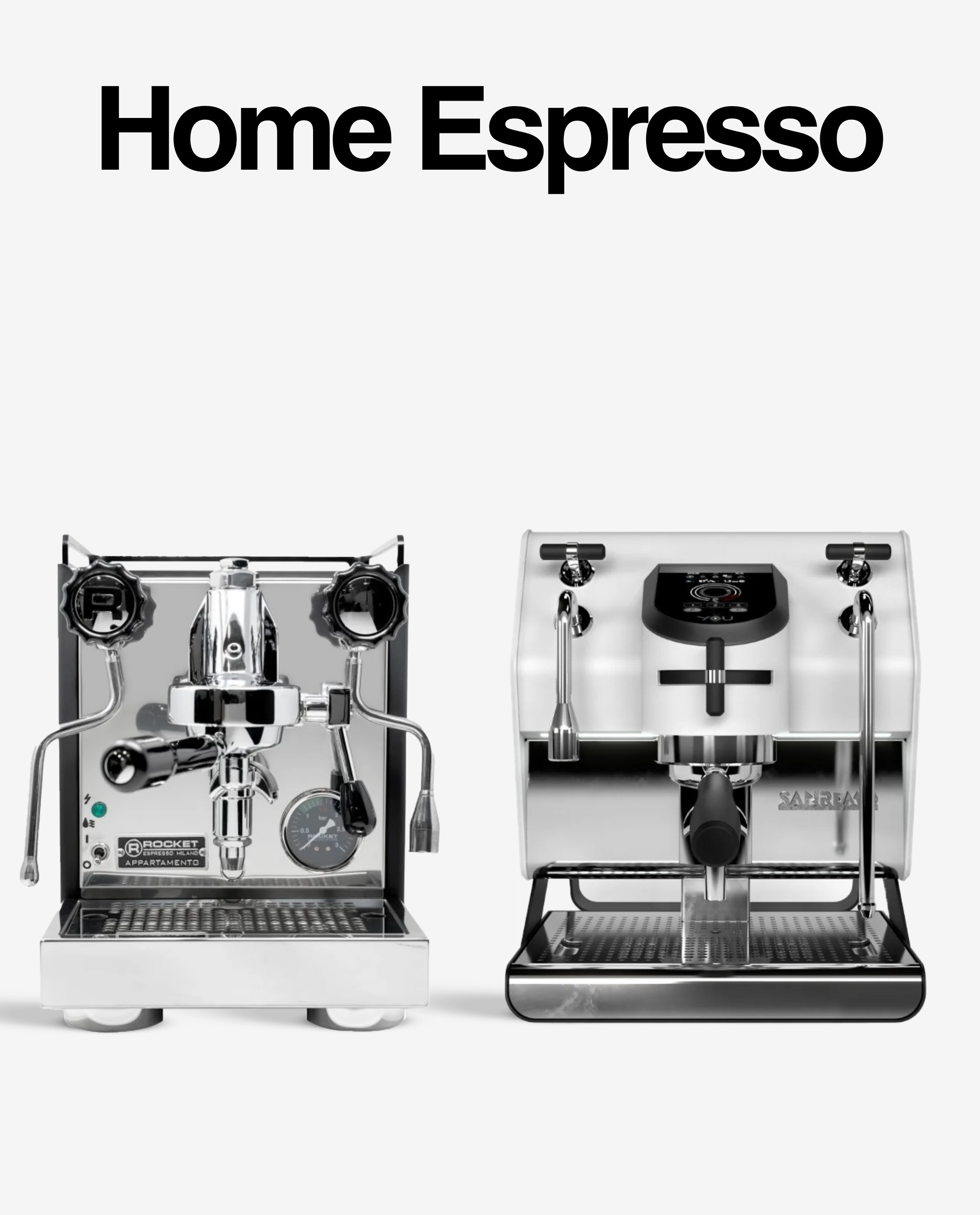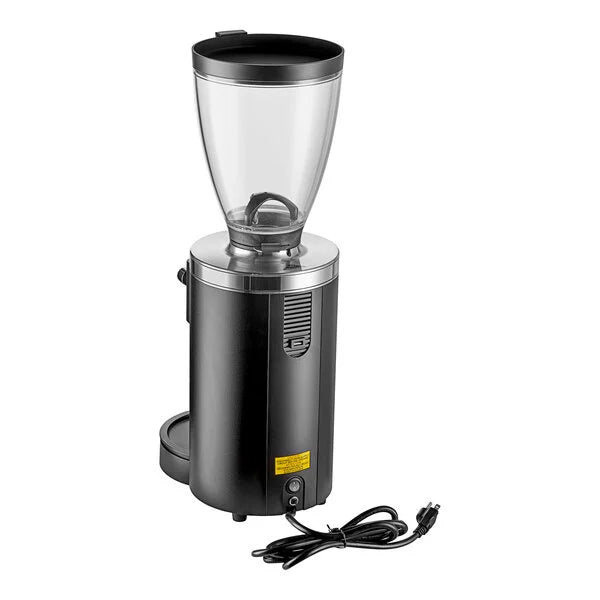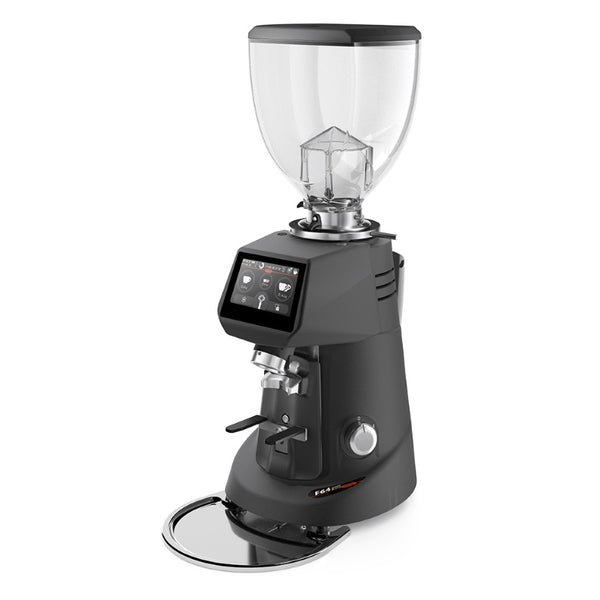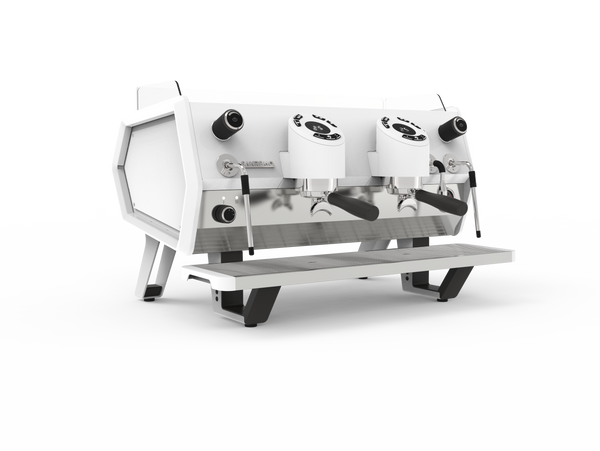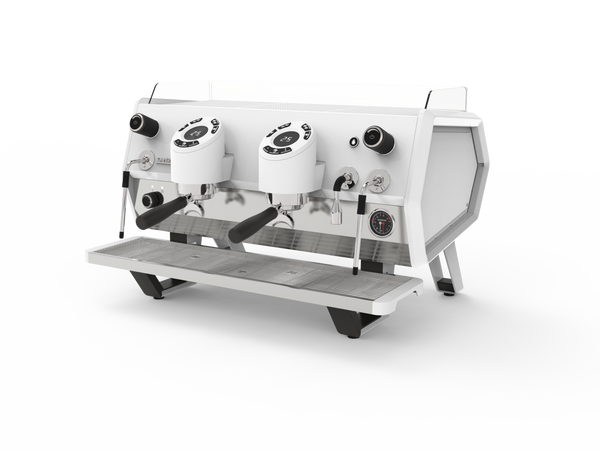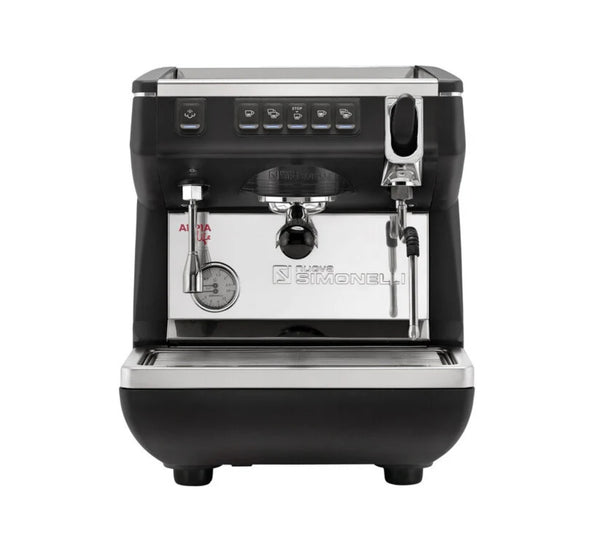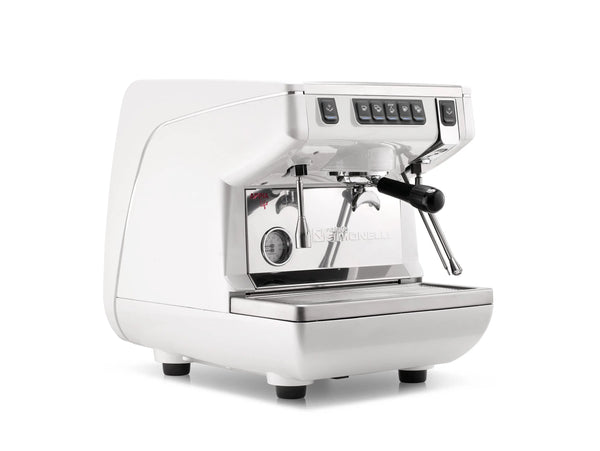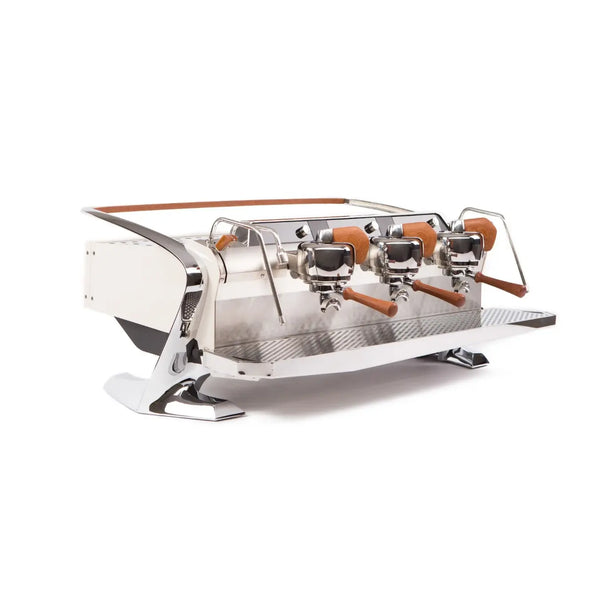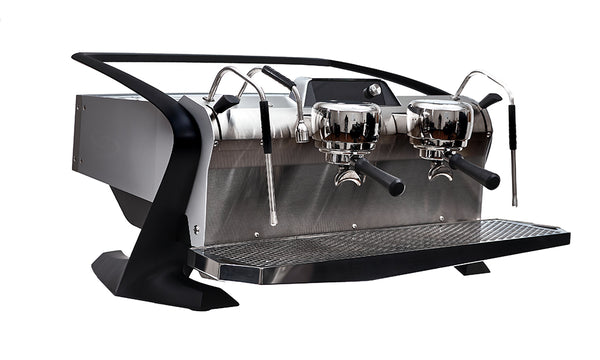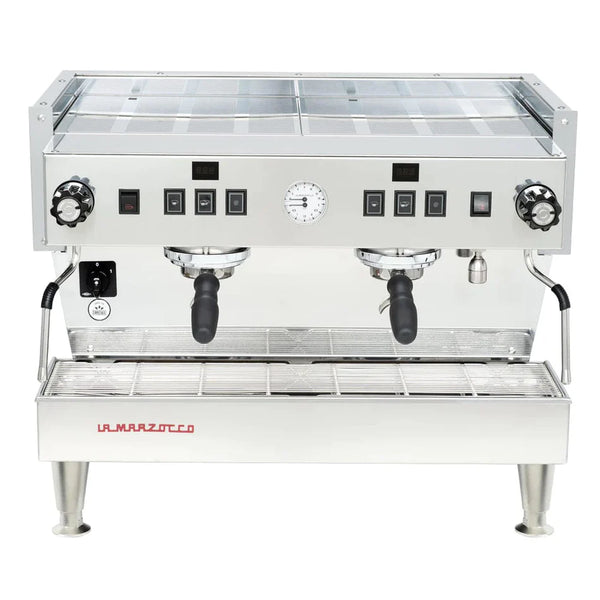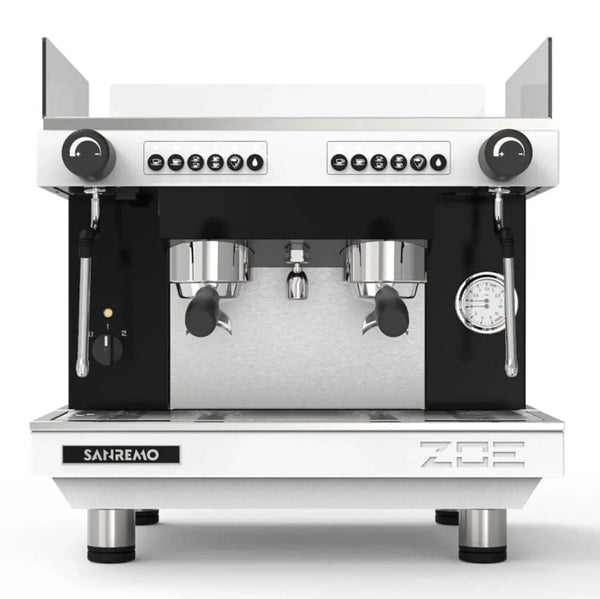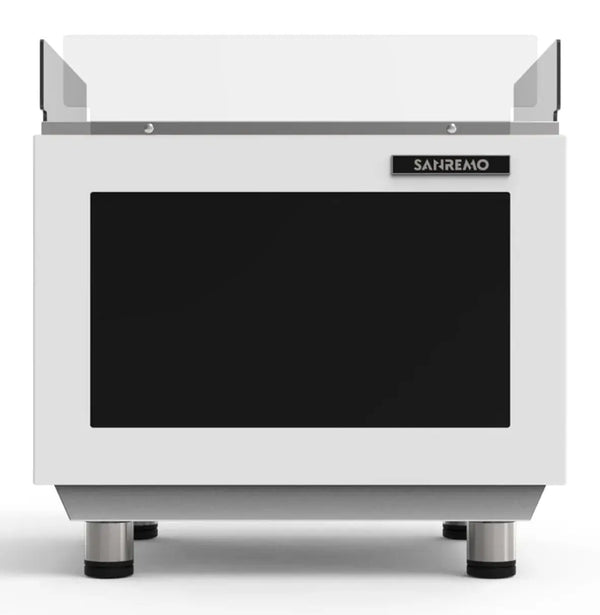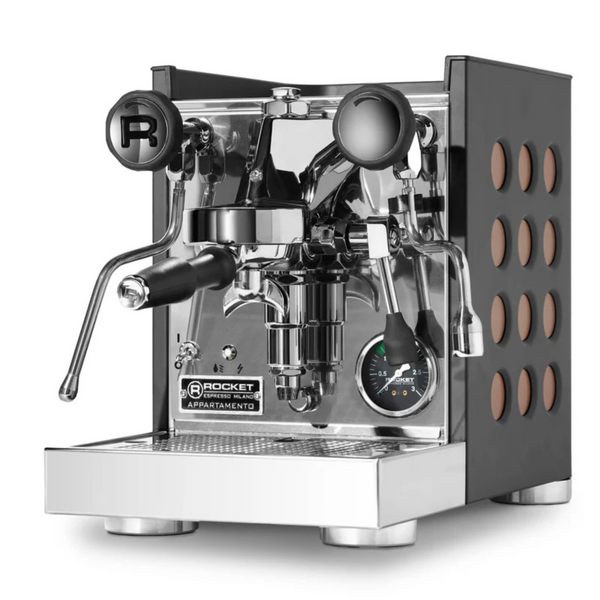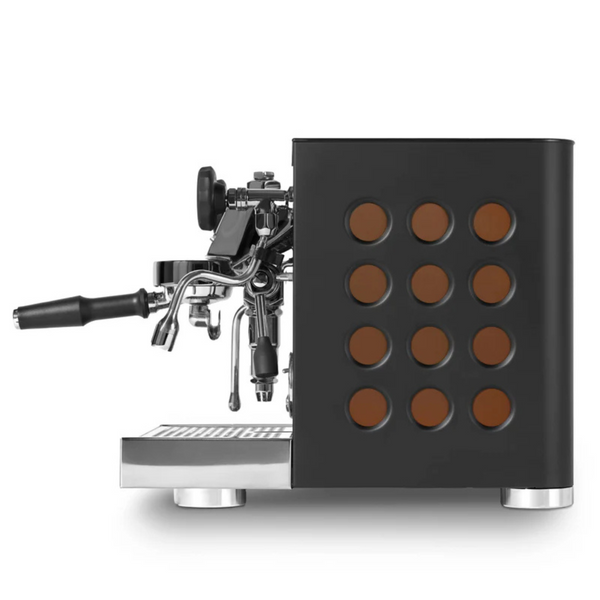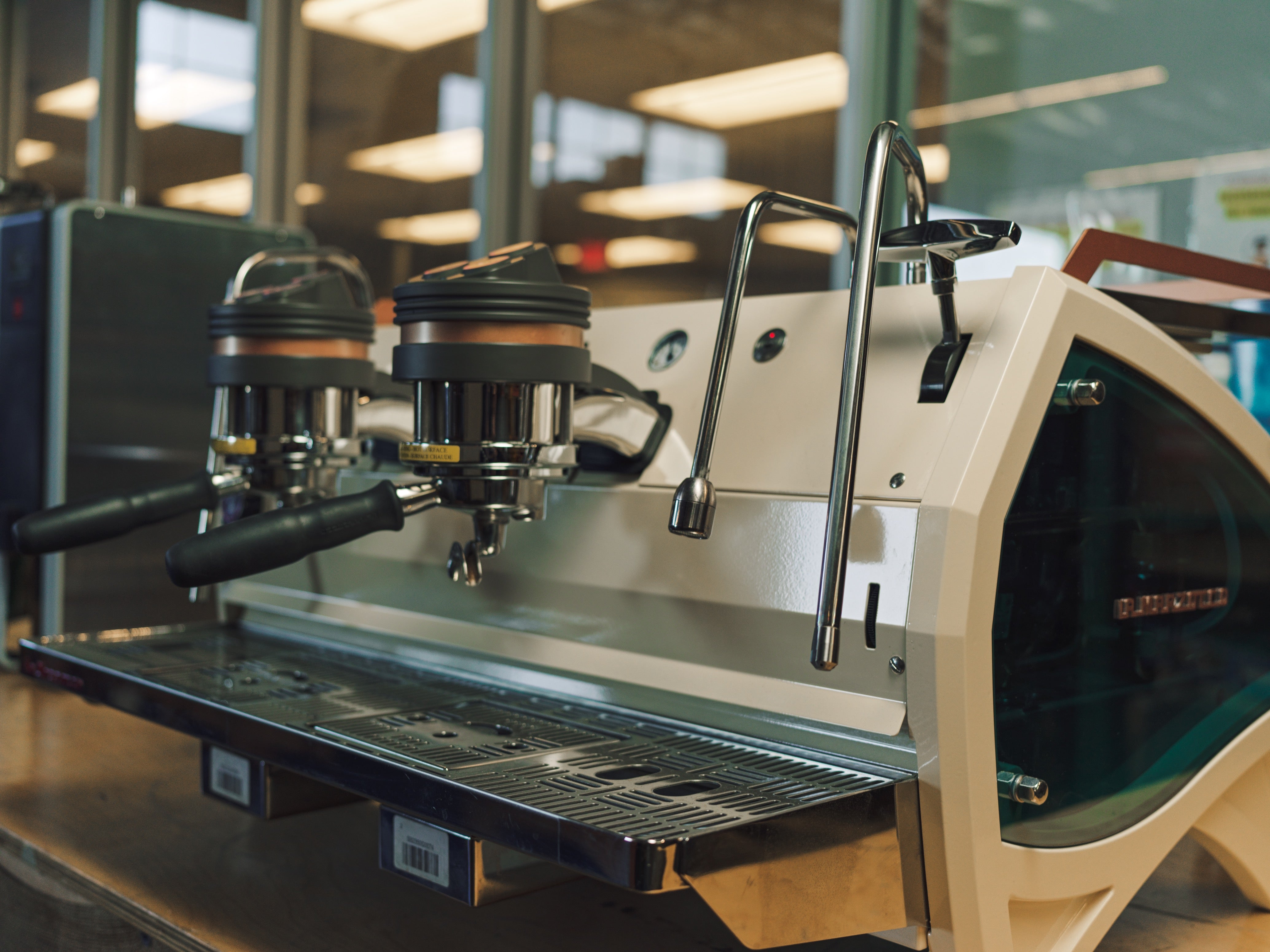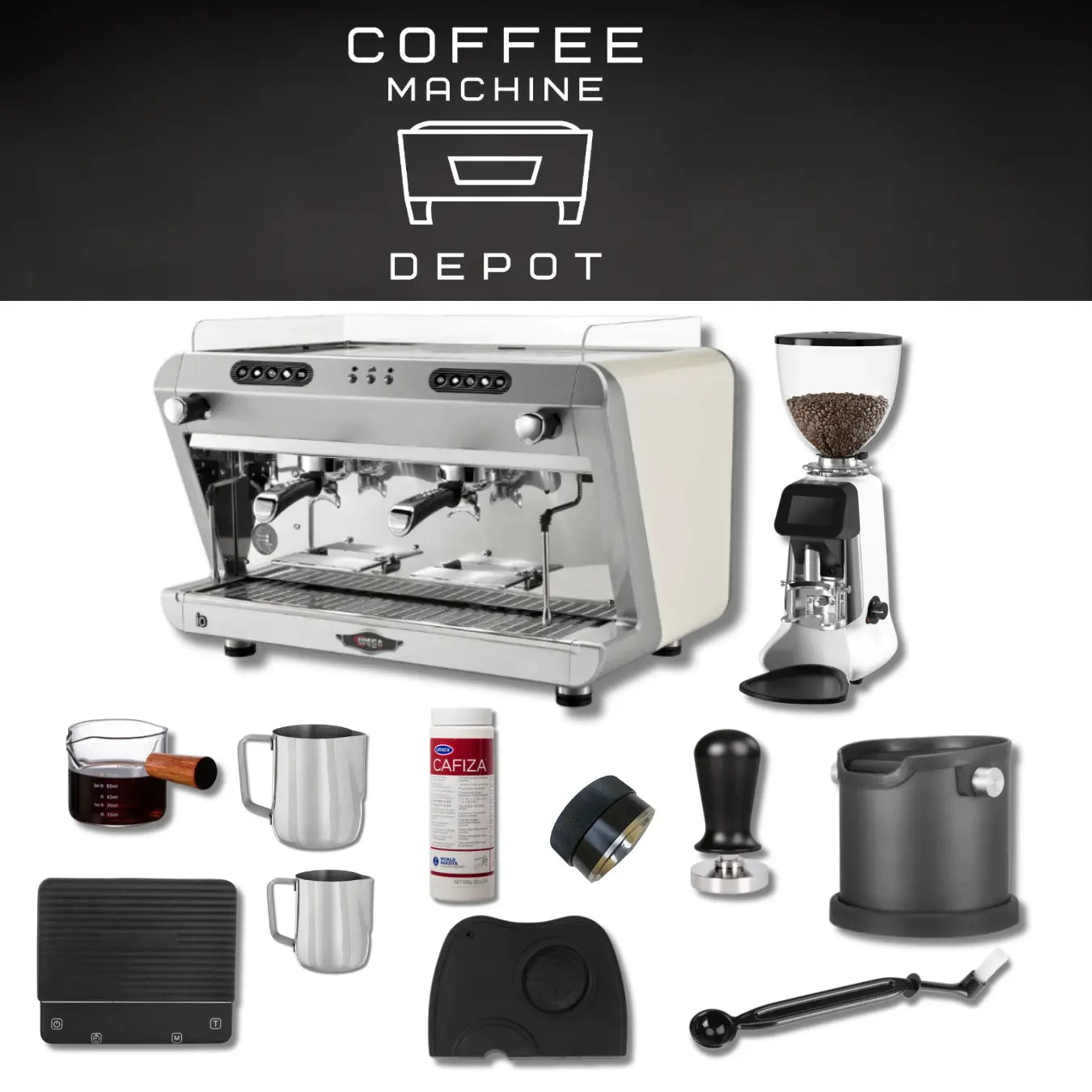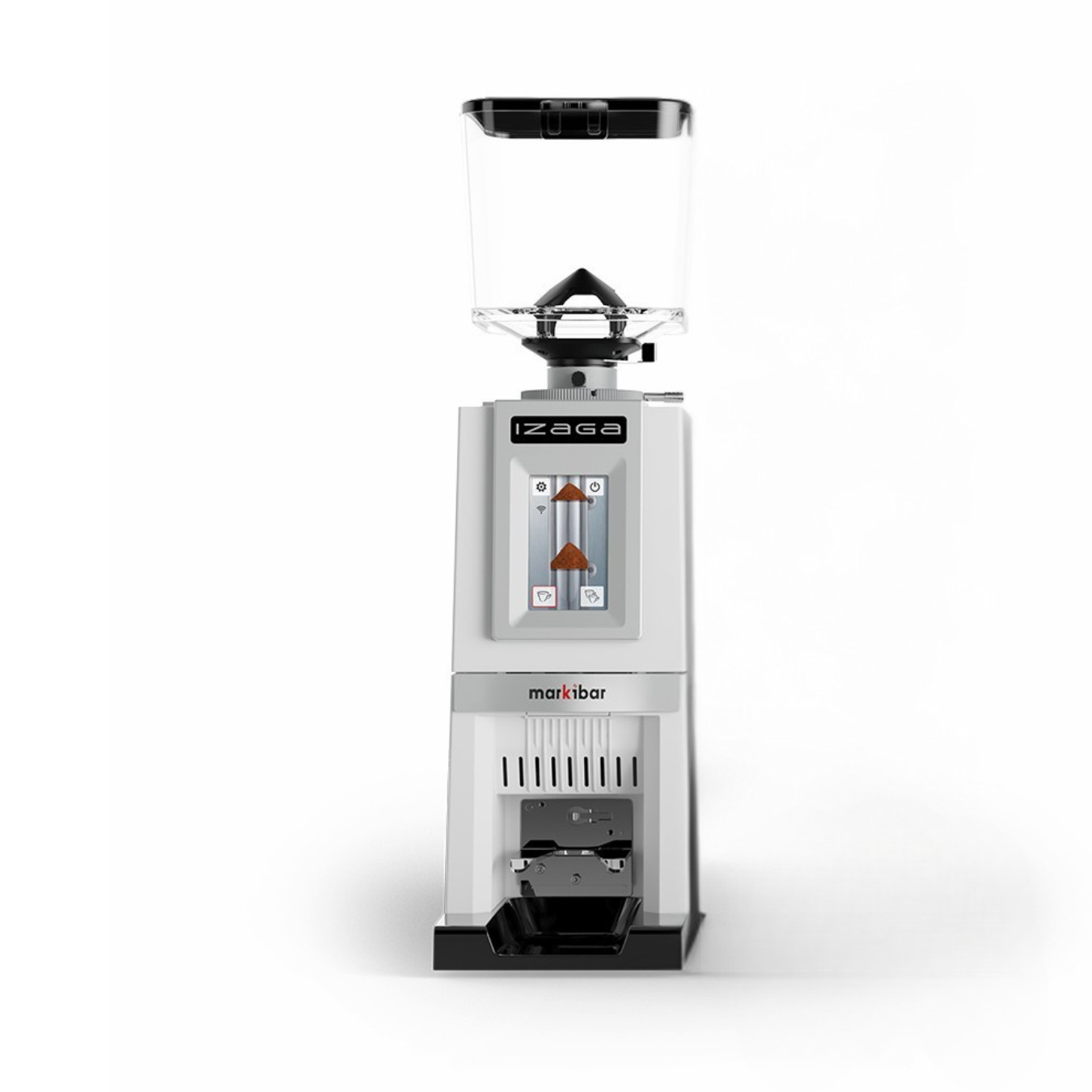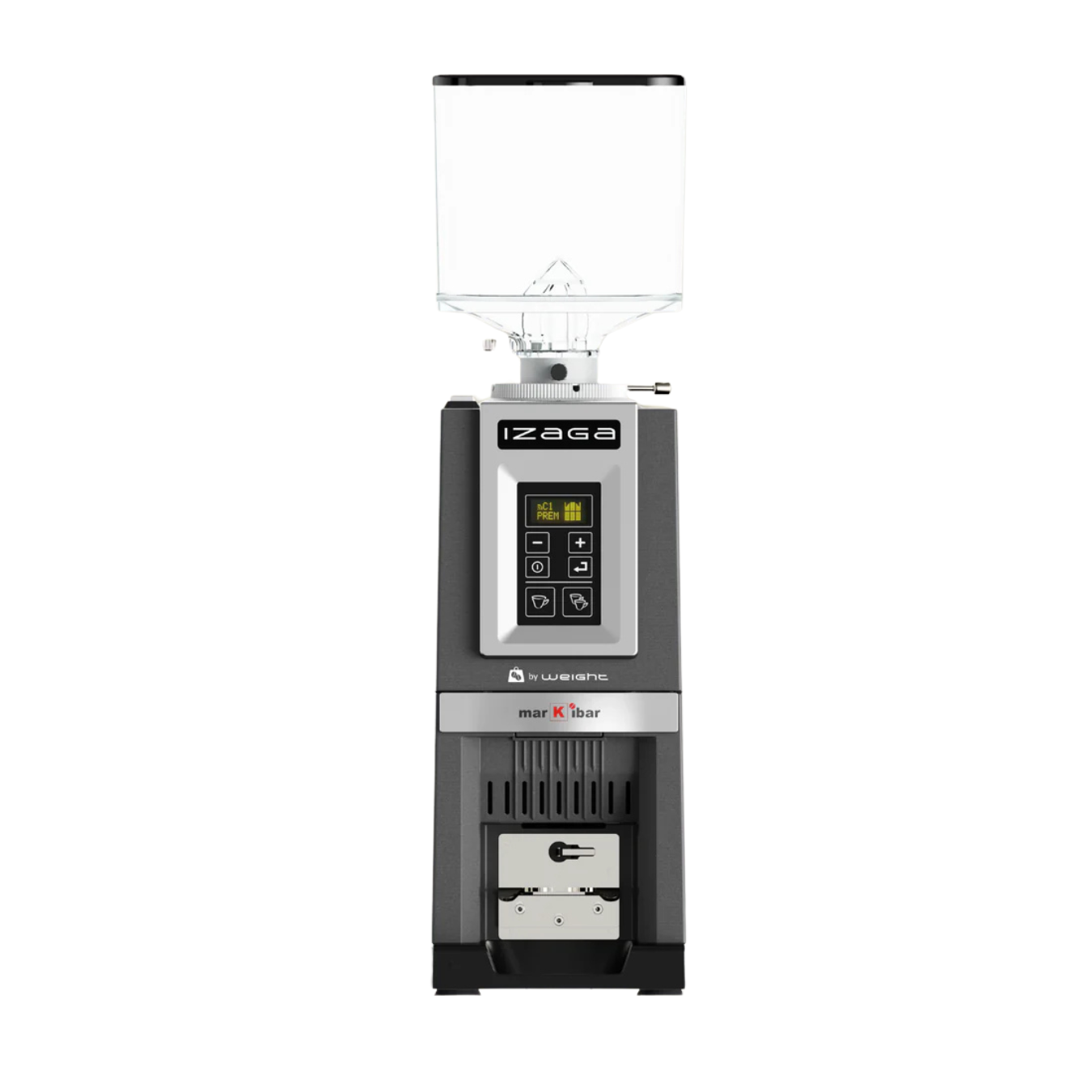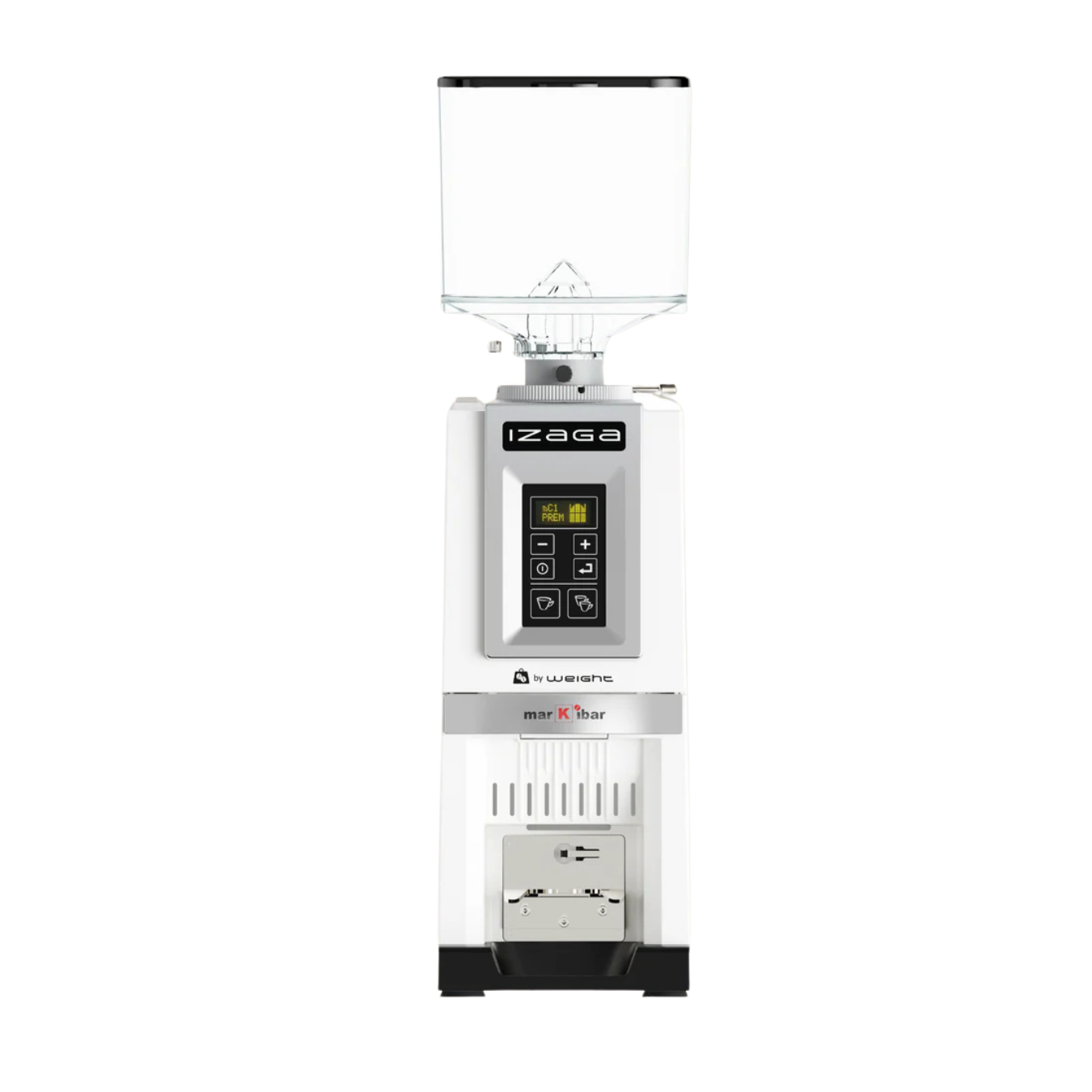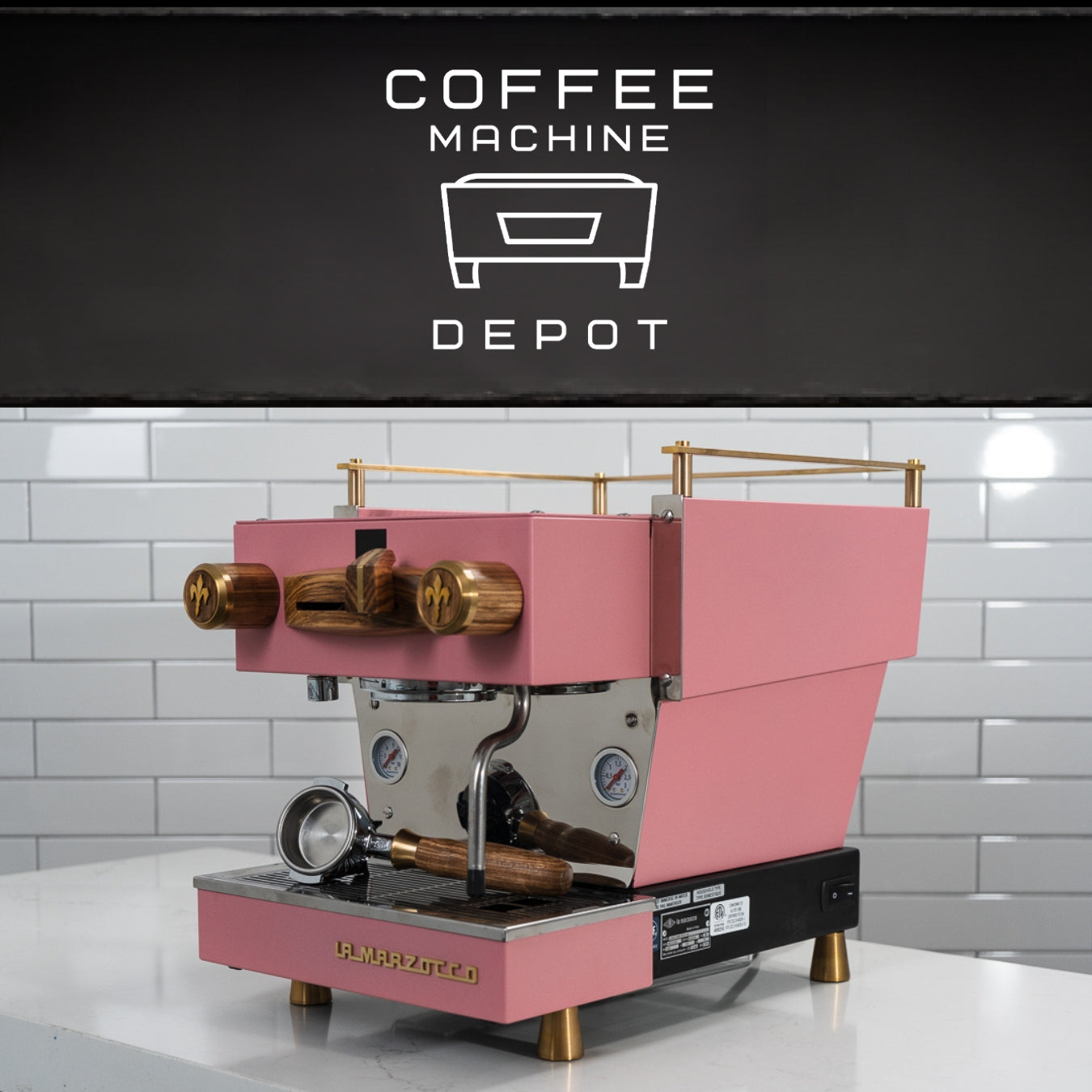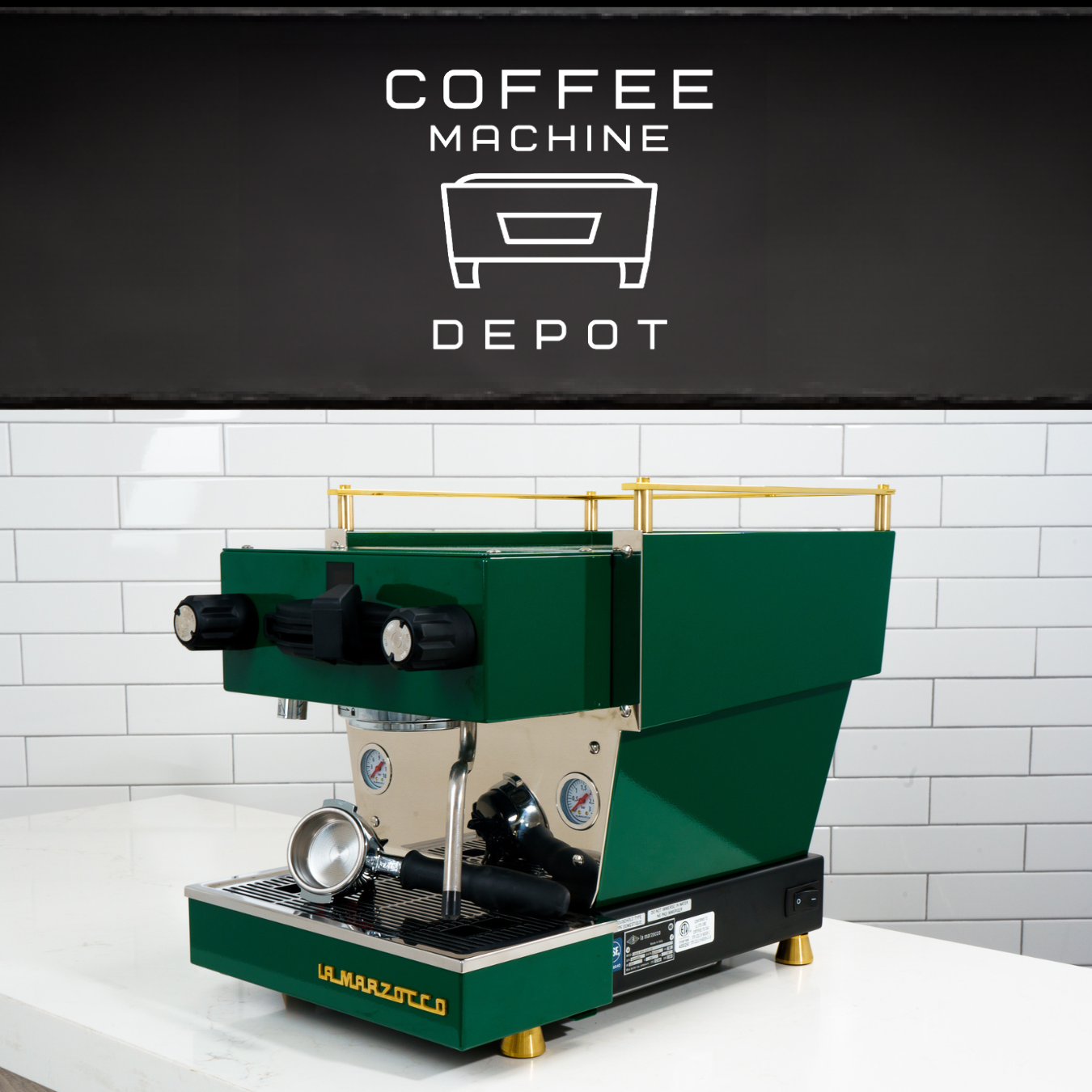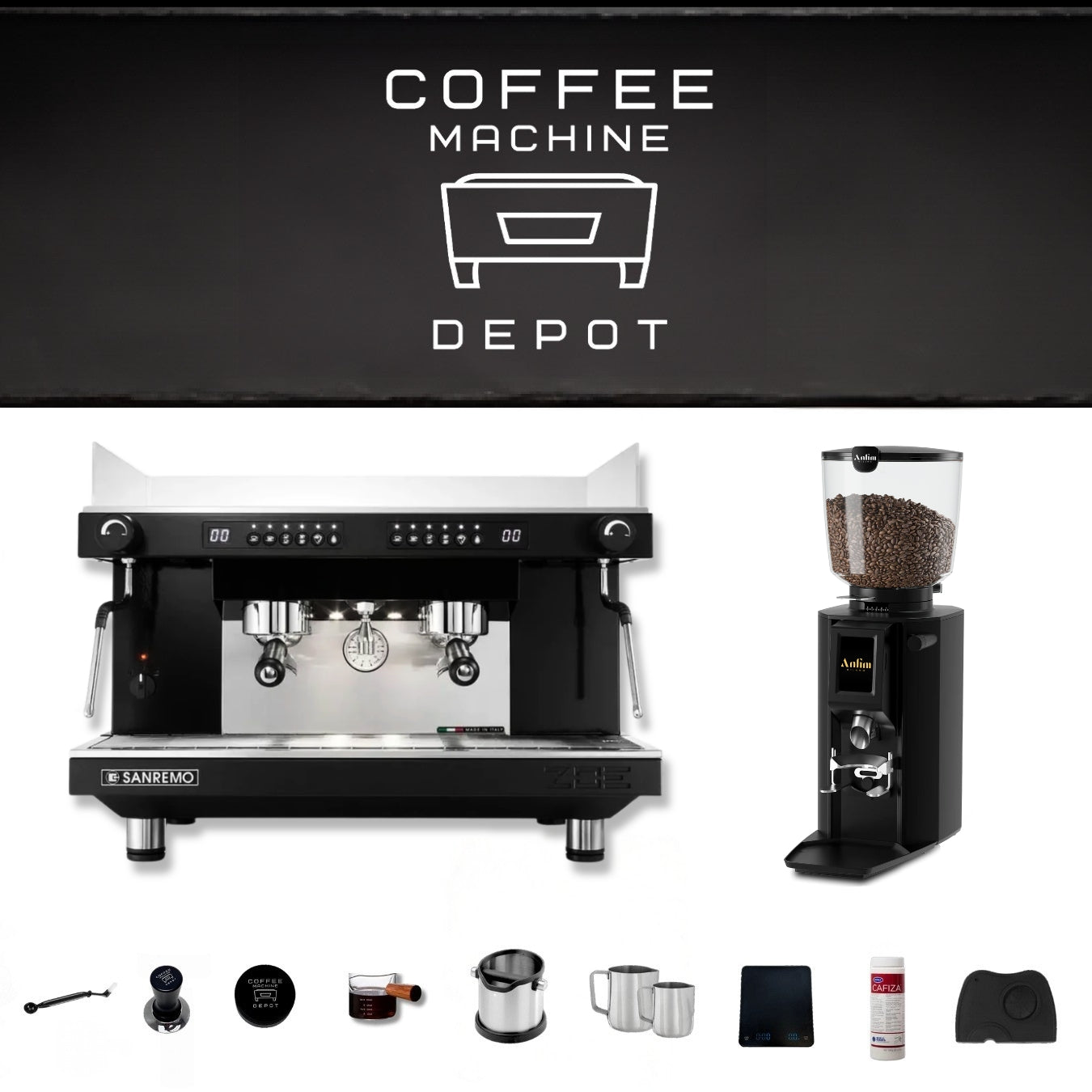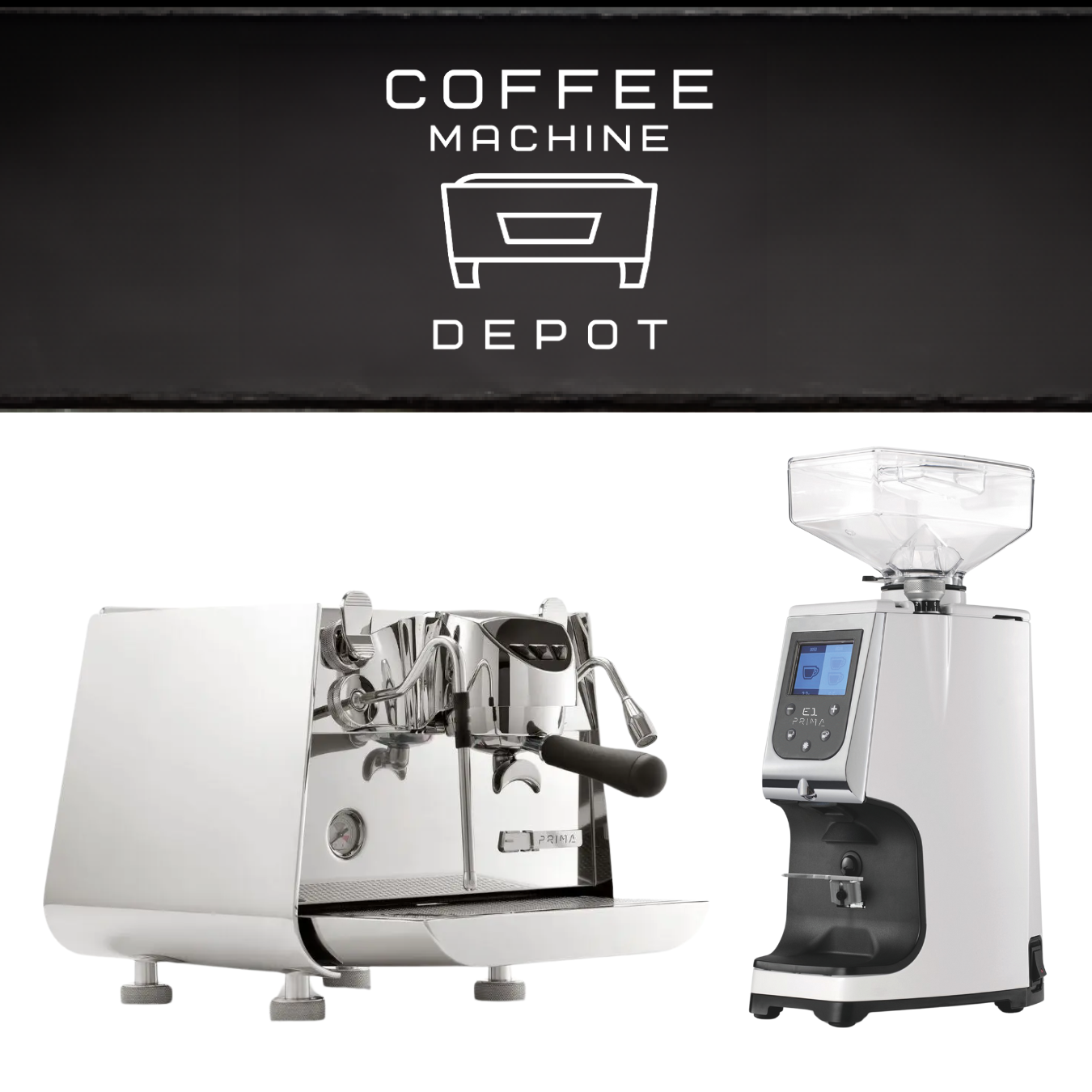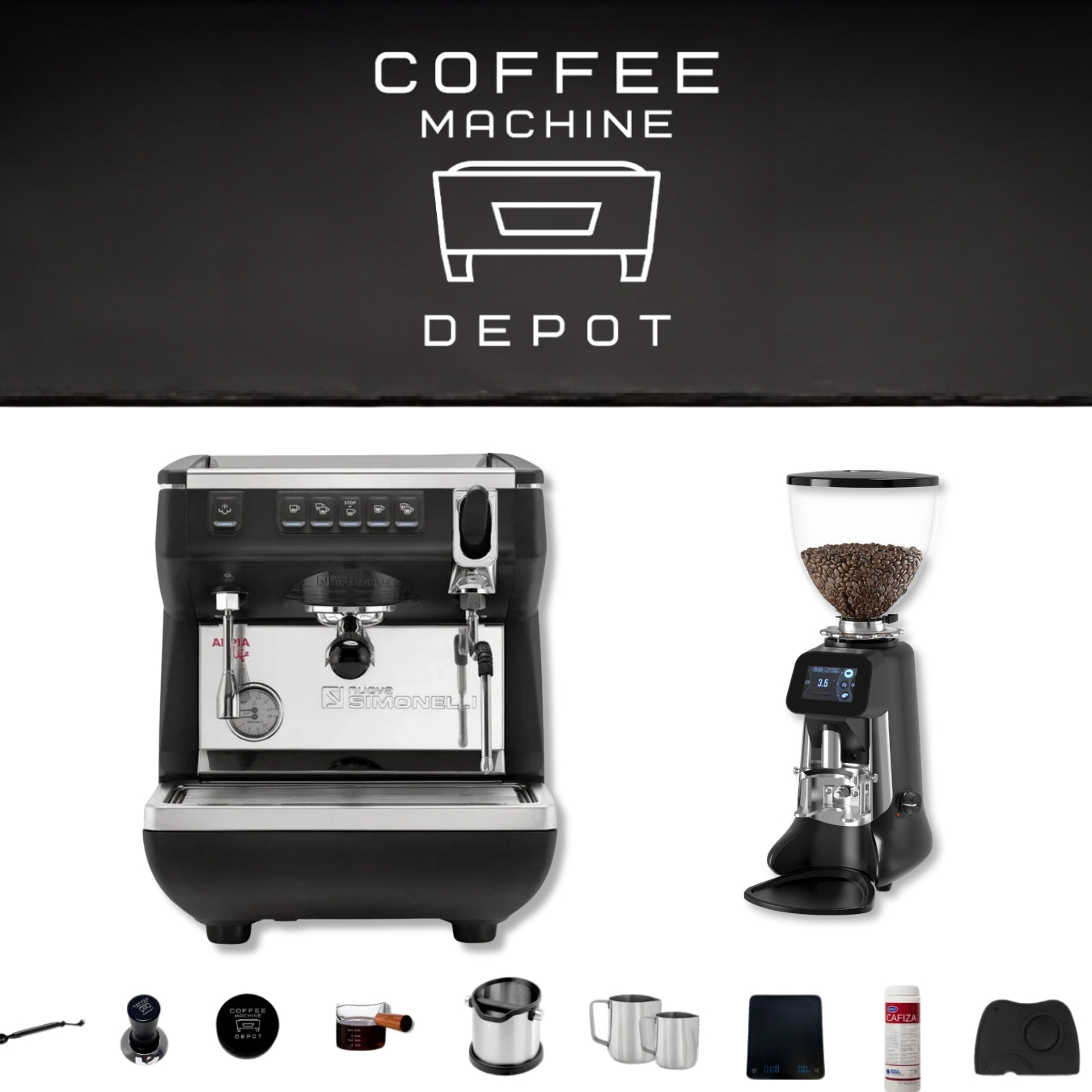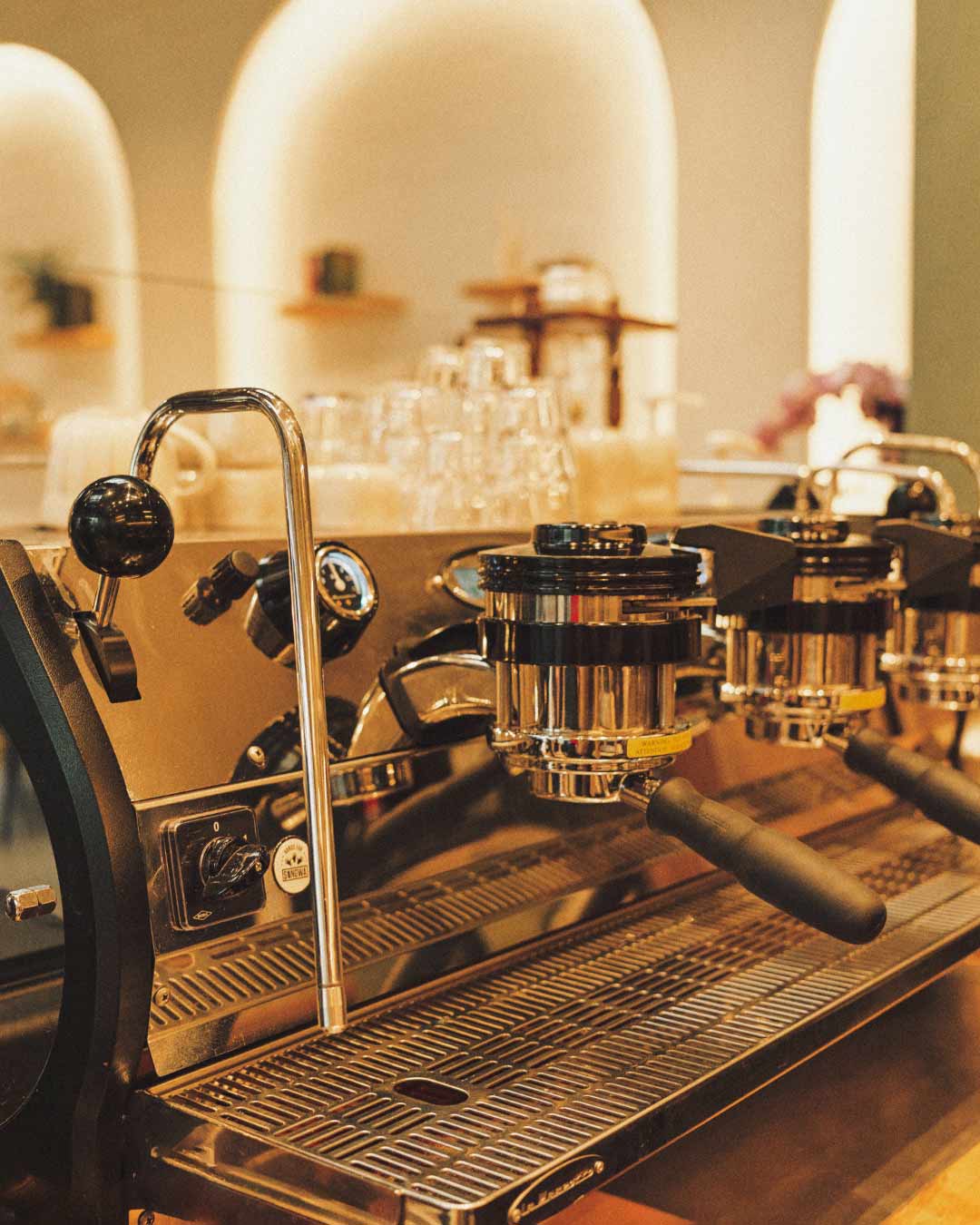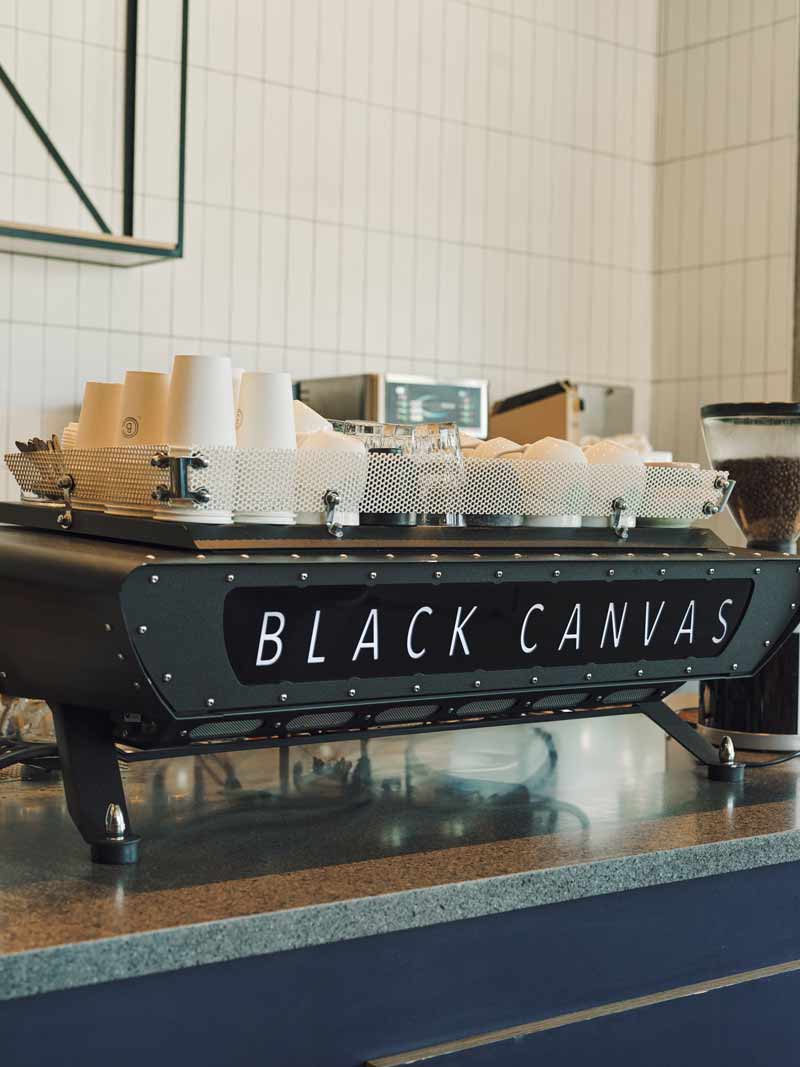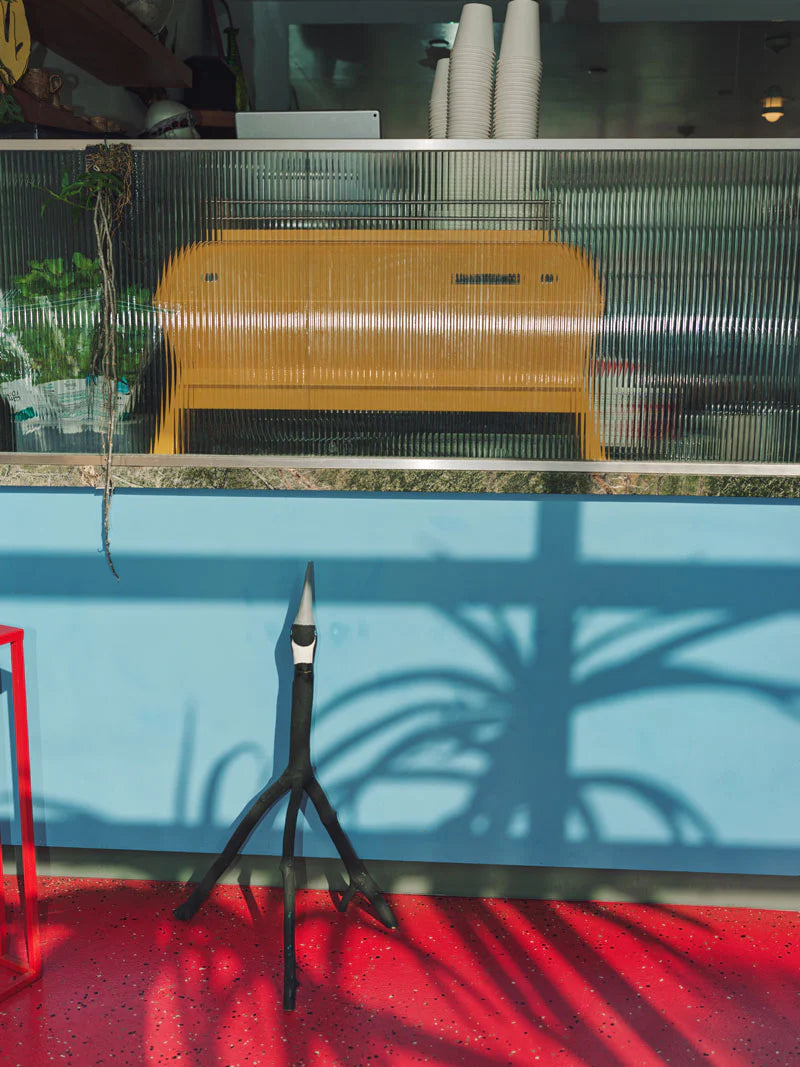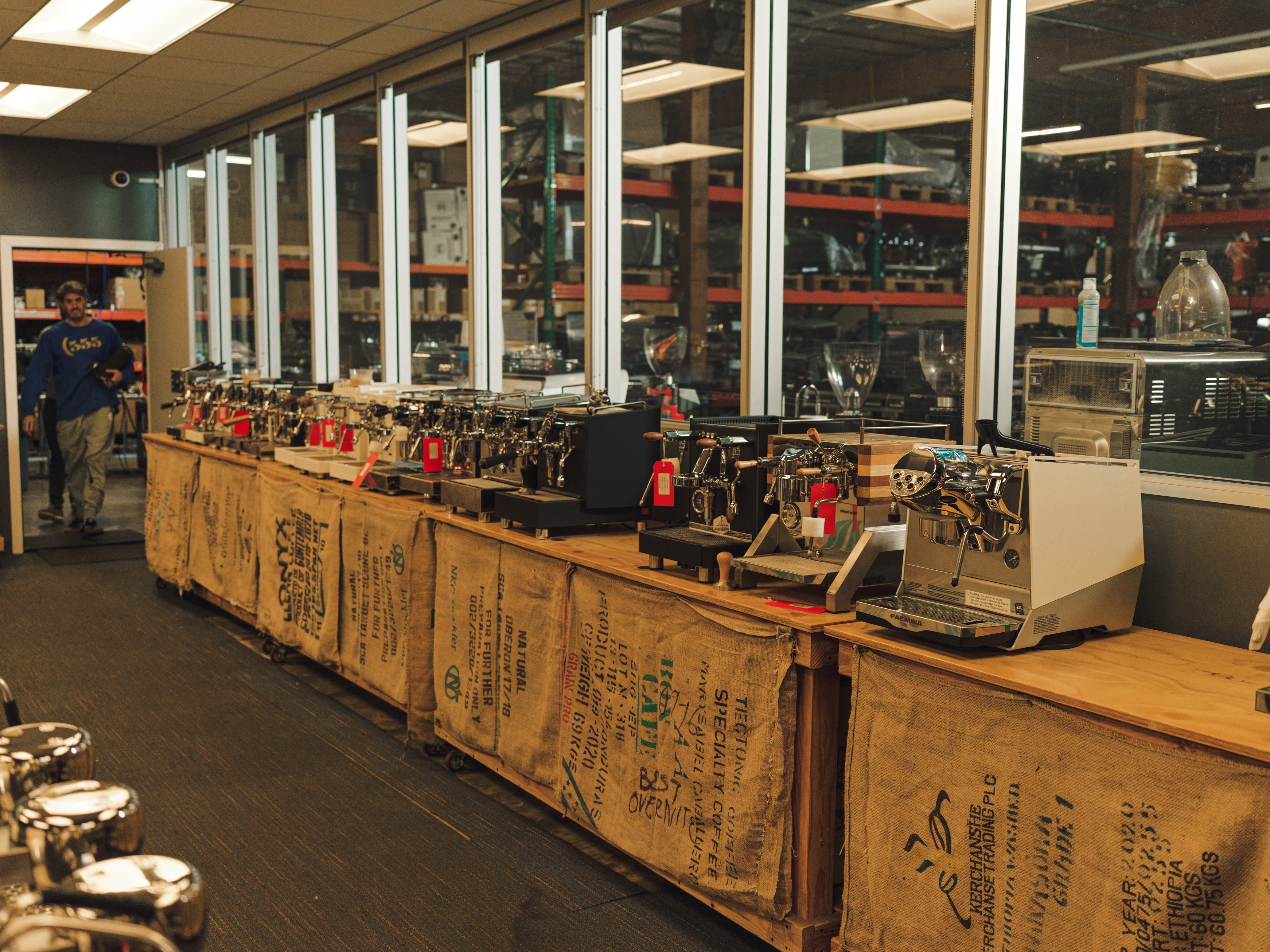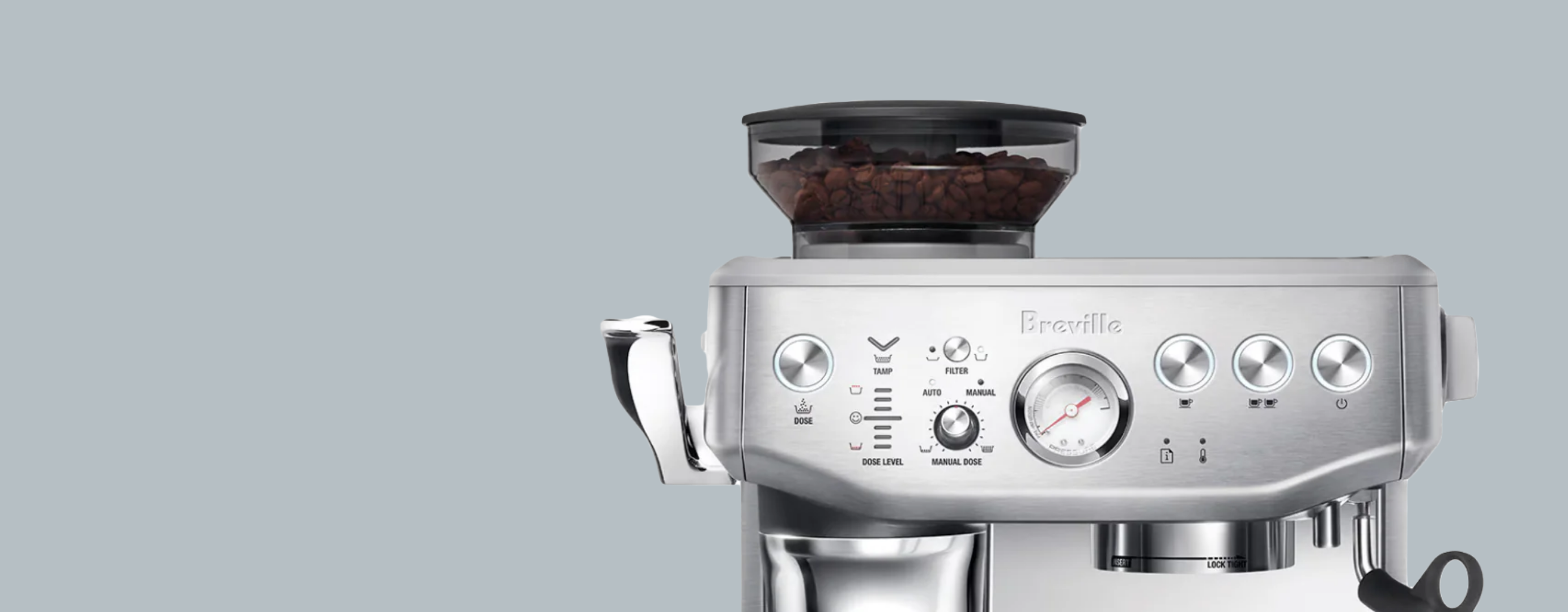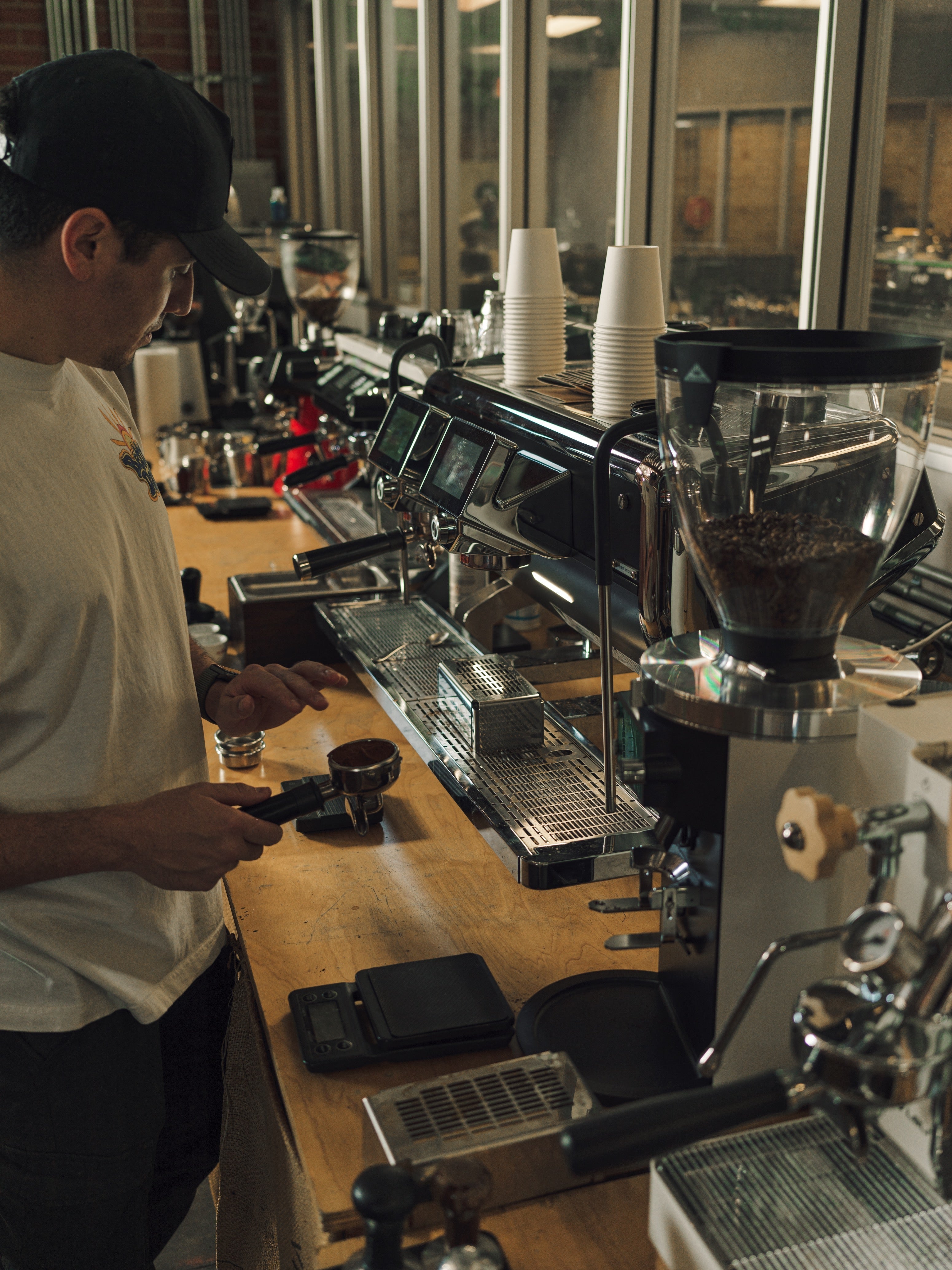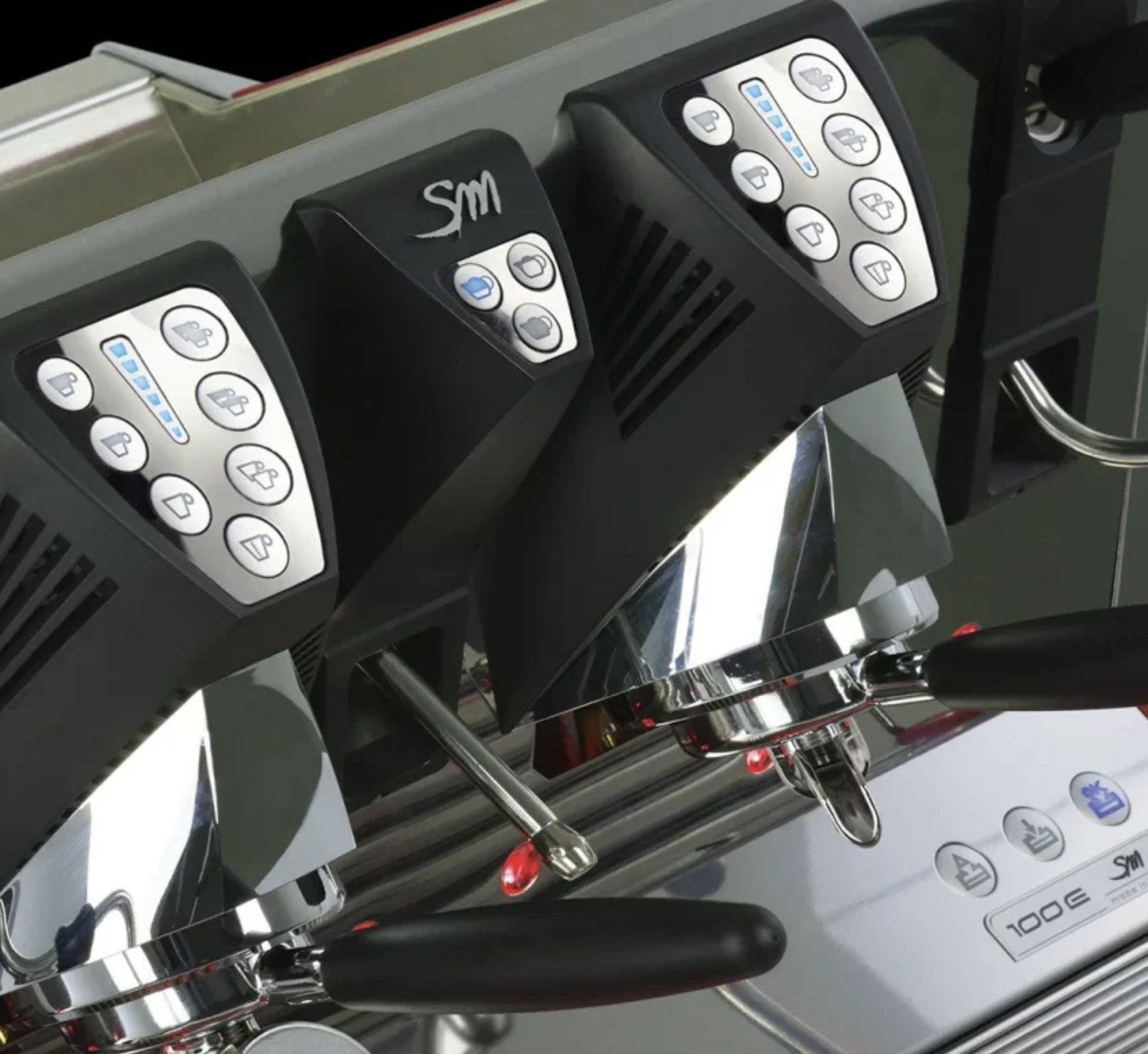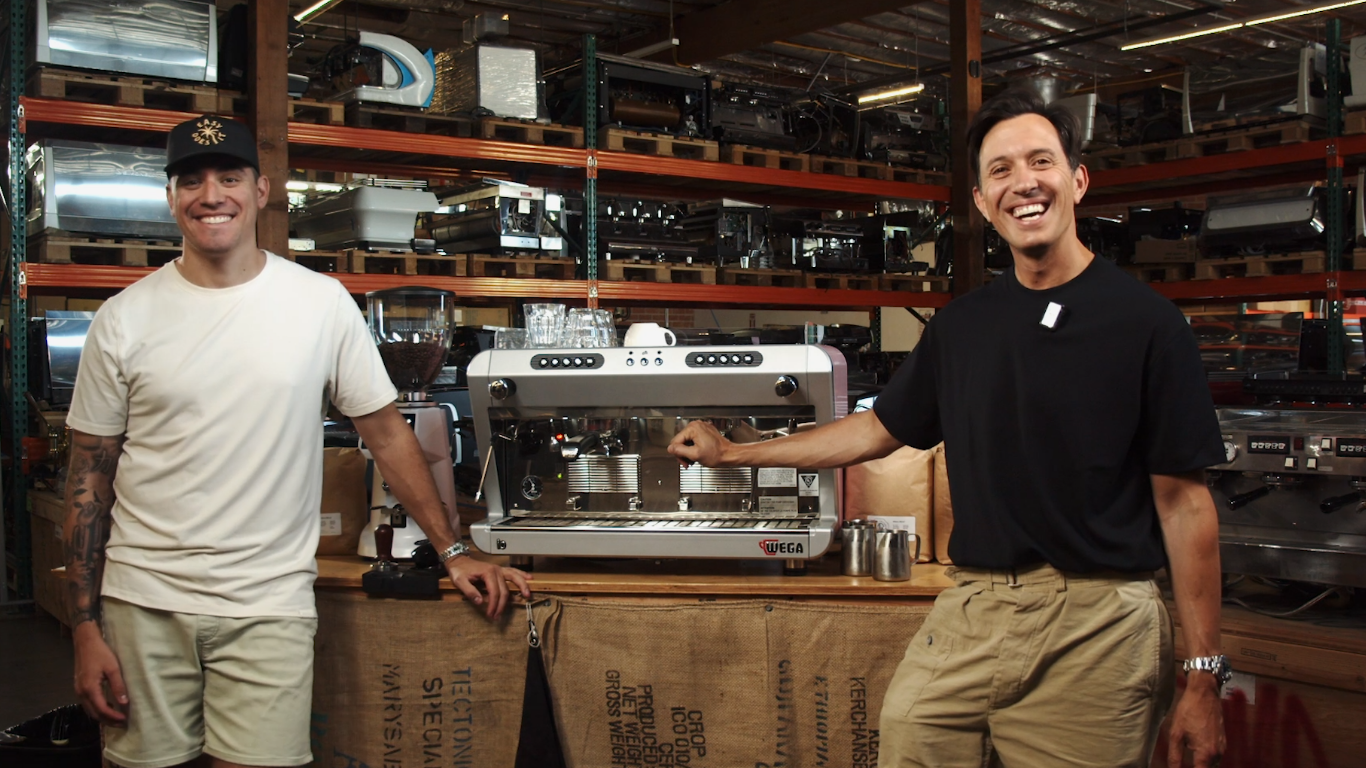How to Start a Coffee Cart
How to Start a Coffee Cart: A Step-by-Step Guide to Your Mobile Coffee Service If you’ve ever dreamed of running your own coffee business but don’t want the overhead of a full café, a coffee cart or mobile coffee service is an exciting and flexible option. With the right planning, licenses, and equipment, you can bring specialty coffee to farmers’ markets, festivals, office parks, and private events—essentially choosing the world your coffee cart wants to live in. This step-by-step guide will walk you through everything you need to know to launch your coffee cart successfully. Step 1 – Define Your Concept & Goals Will your cart focus on grab-and-go coffee, catering events, or a hybrid? Knowing your service type will guide equipment choices and your daily operations. Identify Your Target Market Consider who you’re serving: office workers, festival-goers, wedding parties, or corporate clients. Understanding your audience helps you tailor your menu, pricing, and marketing strategy. Establish Your Brand Think about your coffee cart’s name, logo, colors, and overall style. A strong, consistent brand creates recognition and helps your business stand out. Step 2 – Plan Your Budget & Business Model Estimate Startup Costs Startup costs typically range from $5,000–$20,000, depending on equipment, cart type, and permits. Espresso Machine The espresso machine is the heart of your coffee cart. For an ideal setup, many operators invest in a powerful dual-boiler, single-group espresso machine, which allows you to steam milk and pull shots at the same time. This type of machine ensures efficiency during busy periods and delivers consistent, high-quality beverages. Prices for a machine like this can vary widely—from $1,500 for entry-level single-group machines to $5,000–$10,000 or more for professional, dual-boiler units with higher capacity and features. Coffee Grinder A high-quality grinder is just as critical as the espresso machine. You’ll want a grinder that can keep up with demand, producing consistent doses quickly and efficiently. Depending on the brand and capacity, grinders can cost anywhere from $500–$2,000, but premium models designed for high-volume mobile operations can push the total closer to $5,000. Cart Build-Out & Permits Beyond equipment, your coffee cart itself and all the necessary permits represent another significant portion of your startup costs. Whether you go with an off-the-shelf cart or a custom build, you can expect to invest $2,000–$10,000 depending on size, features, and customization. Additionally, permits—like health permits, business licenses, and food vendor approvals—can cost $200–$1,000+, depending on your location. Putting It All Together A complete coffee cart setup typically includes: Dual-boiler single-group espresso machine High-quality grinder Small fridge or cooler Water filtration system Steam pitchers, cups, and storage POS system and accessories All told, the total investment can land anywhere between $5,000–$20,000, but this is the nature of the business: investing in reliable, professional-grade equipment and a compliant setup ensures smooth operations and happy customers. If you're looking for an example on a great setup, we build out our own coffee cart, view here. Step 3 – Choose Your Coffee Cart Off-the-Shelf Carts Quick and affordable, these come ready with storage, sinks, and electrical hookups. Perfect if you want to launch quickly and test your concept. Custom Carts Designed around your workflow, equipment, and branding. While more expensive and time-consuming, a custom cart can be more efficient and create a unique visual identity. Consider Mobility & Layout Think about where your cart will operate and how it will fit through doors, streets, or event spaces. Layout matters for workflow efficiency. Step 4 – Get Permits & Licenses Business License & Health Permit These are usually required by local or state authorities. Check with your city’s regulations for specifics. Food Vendor & Fire Safety Permits Depending on your setup, you may need additional permits for cooking, steaming, or using certain electrical appliances. Comply With Local Regulations Ensure your water, waste, and fire safety plans meet code. Compliance avoids fines and allows you to operate smoothly. Step 5 – Purchase Equipment & Supplies Essential Equipment Espresso machine (single-group or two-group) Coffee grinder Small fridge or cooler Water filtration system Steam pitchers, cups, and storage Point-of-Sale System & Accessories Include POS system, napkins, stirrers, cleaning supplies, and signage for branding. At Coffee Machine Depot we've partnered with Dripos, a premium, Coffee Centric, Point of Sale system, that we could not recommend to our clients more. It's a full service system that allows you to handle almost every aspect of your business in one interface: Payroll, ordering, payments, and more. Stock Initial Inventory Coffee beans, milk, syrups, cups, lids, and other consumables.
Essential Steps to Launch Your Coffee Business.
Understand your audience before pulling an espresso shot. Are they busy professionals looking for speed?
The Price of Perfection: What Makes La Marzocco Machines Worth It.
La Marzocco Price: Why It’s So Expensive, and What Makes Commercial Espresso Machines Worth the Investment
Espresso Machine Maintenance Myths: Separating Fact from Fiction
Have you ever heard that higher BAR pressure automatically means a better espresso machine? It’s a popular assumption in the coffee world, but it’s not always accurate. In reality, many factors
The Future of Espresso Machines in 2025
2025 as a transformative period for specialty coffee. By embracing advanced pressure profiling, sustainable designs, and connected technology, you can future-proof your investment and deliver unforgettable espresso for years to come.




